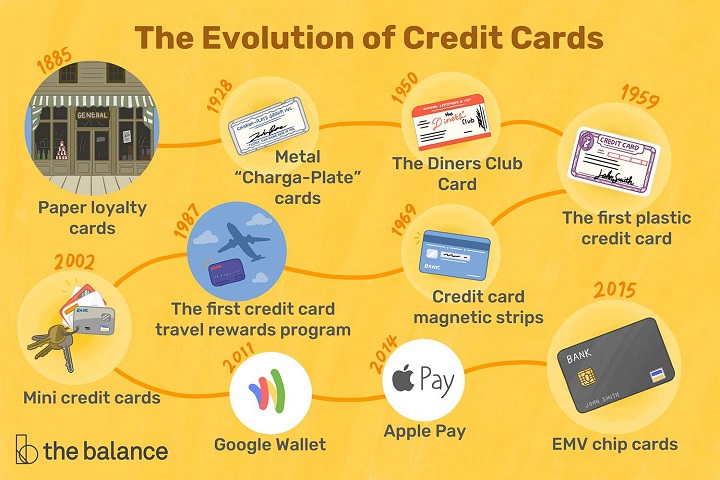In today’s fast-paced world, digital innovation has transformed various aspects of our lives, including how we handle our finances. One such groundbreaking development is the advent of the first digital credit card, which has revolutionized the way we make payments. This article explores the concept of the first digital credit card, its benefits, and its impact on the financial landscape.
-
What is a Digital Credit Card?
Definition and overview of a digital credit card.
How it differs from traditional physical credit cards.
Introduction to the technology behind digital credit cards.
Brief discussion on the security measures implemented.
-
How Does the First Digital Credit Card Work?
Explaining the process of obtaining a digital credit card.
Step-by-step guide on setting up and activating the card.
Overview of the compatible platforms and devices.
Highlighting the integration with mobile wallets and payment gateways.
III. Benefits of the First Digital Credit Card:
-
Convenience and Accessibility:
Ability to make purchases anytime, anywhere.
Instant access to credit without physical card dependency.
Seamless integration with digital wallets and online platforms.
-
Enhanced Security Features:
Encryption and tokenization for secure transactions.
Two-factor authentication for added protection.
Reduced risk of card theft or loss.
-
Streamlined Financial Management:
Real-time transaction tracking and notifications.
Detailed expenditure reports for better budgeting.
Integration with personal finance apps for holistic money management.
-
Rewards and Incentives:
Specialized rewards programs tailored for digital credit card users.
Exclusive offers, discounts, and cashback schemes.
Personalized perks based on spending patterns.
-
Impact on the Financial Landscape:
Evolution of consumer behavior and payment preferences.
Disruption of traditional banking models and payment systems.
Influence on merchant services and point-of-sale solutions.
Rise of digital banking platforms and fintech companies.
-
Potential Challenges and Future Outlook:
Addressing concerns related to security and data privacy.
Adoption barriers and challenges in transitioning to digital credit cards.
The role of regulatory bodies in overseeing digital transactions.
Future advancements and possibilities in the digital credit card space.
The emergence of the first digital credit card has significantly transformed the way we conduct financial transactions. With its unmatched convenience, enhanced security features, and streamlined financial management capabilities, digital credit cards have become a preferred choice for consumers worldwide. As the financial landscape continues to evolve, it is evident that digital credit cards will play a pivotal role in shaping the future of payments. Embracing this innovative technology can lead to a more secure, convenient, and rewarding financial experience for individuals and businesses alike.

